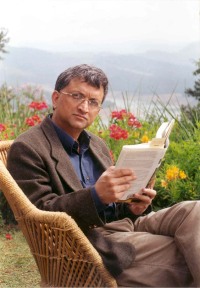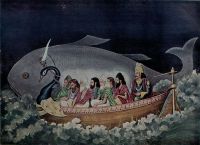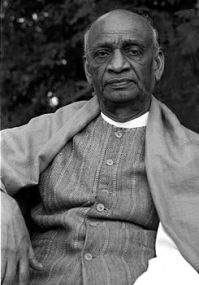From: निरवधि सीमा
Date: Wed, Jul 31, 2013 at 6:47 AM
Subject: Election commission orders Lakhs of manipulatable EVMs
To:
FYI
Regards,
Seema
Dallas, TX
From: Save Indian Democracy <contact@saveindiandemocracy.org>
To: syquraishi@eci.nic.in, syq2@rediffmail.com, vssampath <vs.sampath@eci.gov.in>, vssampath <vs-sampath@eci.gov.in>, HS Brahma <hs.brahma@eci.gov.in>, Dr Alok Shukla <dralokshukla@eci.gov.in>, kshayrout@eci.gov.in, vinodzutshi@eci.gov.in, ashishs@eci.gov.in, yashvir@eci.gov.in, tkumar@eci.gov.in, kakumar@eci.gov.in, rksrivastava@eci.gov.in, kfwilfred@eci.gov.in, mendiratta.sk@eci.gov.in, ystandhope@eci.gov.in, skrudola@eci.gov.in, varinderkr@eci.gov.in, knbhar@eci.gov.in, anuj@eci.gov.in, ashish@eci.gov.in, srkar@eci.gov.in, sureshchand@eci.gov.in, brmonga@eci.gov.in, jaipriye@eci.gov.in, prasana.dash@eci.gov.in, rmbhatia@eci.gov.in, akshayrkout@gmail.com, sram@eci.gov.in, bcschende@eci.gov.in, mohammad.amin@eci.gov.in, mamin_india@yahoo.co.in, narendranb@eci.gov.in, smukherjee@eci.gov.in, harbans@eci.gov.in, andas@eci.gov.in, krao@eci.gov.in, sbjoshi@eci.gov.in, pramod@eci.gov.in, darsuo.thang@eci.gov.in, malaymallick@rediffmail.com
Satya Dosapati
Election Commission prepares for early polls, orders more EVMs
NEW DELHI: Amid speculation over early Lok Sabha polls, the Election Commission is gearing itself up for holding the mammoth exercise along with assembly elections in five states due later this year by ordering additional EVMs.
The EC has placed fresh order for two lakh electronic voting machines (EVMs) to public-sector companies as the present lot of EVMs cannot meet the demand in case elections are held simultaneously, highly placed sources said.
"We have placed a fresh order of EVMs as the present total of around 14 lakh EVMs is not enough to hold simultaneous elections to Lok Sabha and five state assemblies later this year," a senior EC official told PTI.
Sources said the order has been placed with public-sector BHEL and ECIL and the delivery is expected by September- October, the time the assembly polls are expected to be announced by the poll body.
They said the EC required around 16 lakh EVMs in the event of holding simultaneous polls.
Half of the 14 lakh EVMs were procured before 2006 and there were possibilities of their breaking down. While the pre-2006 EVMs cater to around 800 voters, the new ones allow around 2,000 voters to exercise their franchise.
As per EC data, the country has a total electorate of around 78.86 crore, while the five states where Assembly polls are due later this year â€" Delhi, Rajasthan, Madhya Pradesh, Chhattisgarh and Mizoram â€" have an electorate of around 12 crore.
I have no such information. SwamyOn 29 July 2013 21:13, Narayana Sd wrote:
Dr. Swamy,I just spoke with Narasimha Rao and he is saying that EC is going ahead buying thousands of new EVMs without paper trail. Is it possible to get Supreme Court to force paper ballot for Central elections?PS: Tried calling you but your phone is switched off.Regards,
Satya
--
I am just a freelance activist and observer speaking out for the cause of Sanatan Dharm, its Anuyayi and the atrocities on Dharm in and outside Bharat. I like to express my views on the current socio-political environment in US and Bharat with facts. I am also inquisitive to learn about the true (not Nehruvian-Marxist-Anglicized-Islamified doctored version) history of Bharat which is subverted and suppressed despite right to freedom of speech. I am a staunch believer of our holy Shastr and that ॥सत्यमेव जयते नानृतं॥ (Truth Alone Triumphs, not falsehood) - Mundak Upanishad 3.1.6. I do this in my spare time as a selfless contribution to my God, my religion, and the society. Rest of the time I am just another white-collar working for bread and butter.
sent from samsung galaxy note, so please excuse brevity







